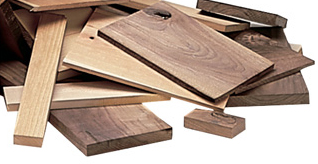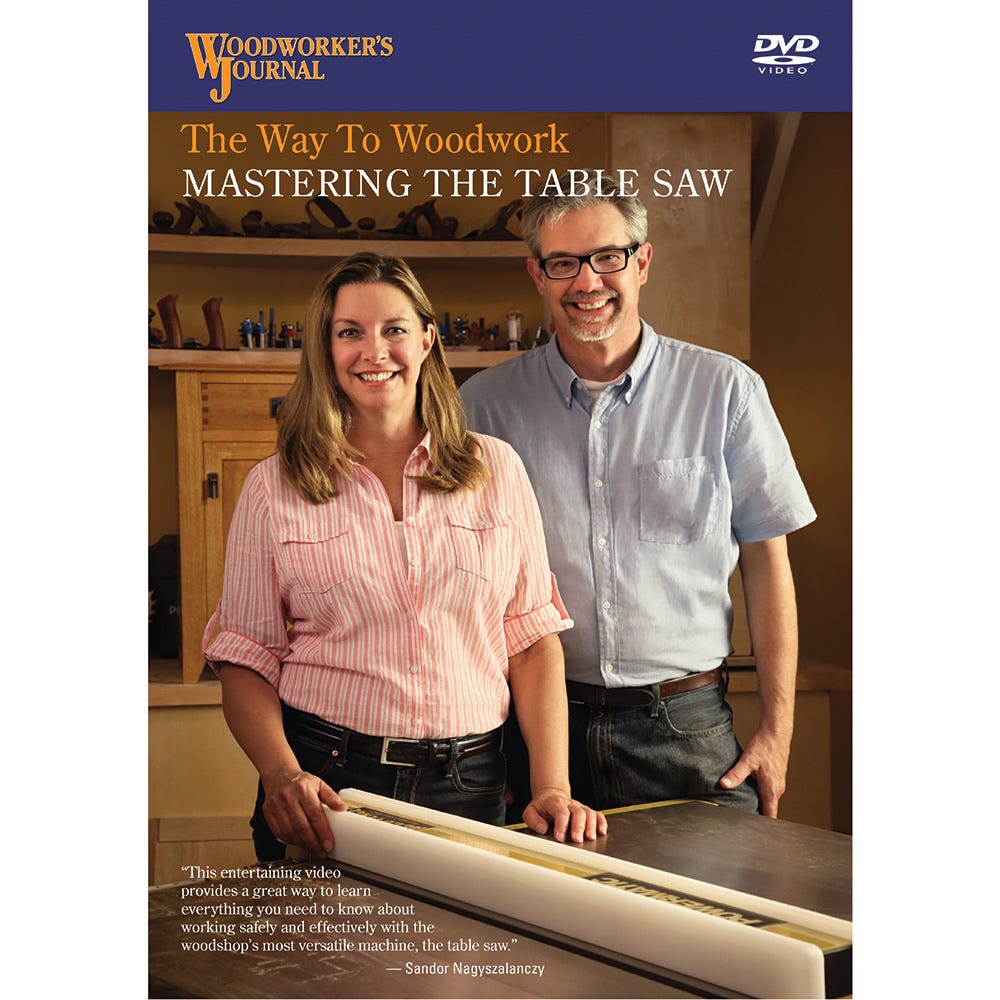
My question isn’t about woodworking but about the use of domestic/exotic wood. I have lots of small bits of both domestic/exotic wood scraps and was wondering if it’s safe to use these as wood chips for smoking on my BBQ grill? I’m assuming it’s OK since they are not treated wood. – Amy Nielsen
Tim Inman: I’d be reluctant to BBQ with exotics. Many of the exotic woods have their own special set of built-in natural toxins to help them fight off the attacks of insects and decay in the forests they call home. Rosewood and black walnut are two common cases in point. There are lots of others. But, taste is important in grilling. I wouldn’t want my steaks grilled over black walnut. I don’t think rosewood would be very tasty, either. Hickory, usually a first choice for the BBQ pit, imparts great flavor. Fruitwoods, like applewood, etc. also yield great flavor. I’d use them. Burn the exotic scraps for heat – or better yet, find smaller projects to make with them, then sell the projects, and buy some better wood for grilling.
George Vondriska: I often use shop wood in my charcoal burning grill. I commonly burn and cook over oak and cherry, but stay away from walnut and any exotic woods. I don’t have a wood science answer for this, but I know that stuff doesn’t like to grow under walnut trees, and walnut shavings shouldn’t be used for flower or animal bedding. Seems to me, then, that I shouldn’t cook a burger over walnut either. Similarly, many exotics have oil in them that people react to. I’ve also heard that some countries spray their timber with herbicides and insecticides. I just don’t think it’s worth the risk of feeding my guests food that’s been cooked over anything that’s remotely questionable. (George is a frequent contributor to Woodworker’s Journal and proprietor of the Wild Earth Woodworking School.)
Chris Marshall: Amy, in case you’re looking for a list of typical and common barbecue-safe woods, here’s a quick (but not exhaustive) rundown: alder, almond, apple, cherry, hickory, maple, mesquite, mulberry, oak, pear and pecan. Along with our other two expert opinions, I have to agree–when it comes to woods that will make food-safe smoke, I’d stick with tried-and-true choices and avoid the rest.






